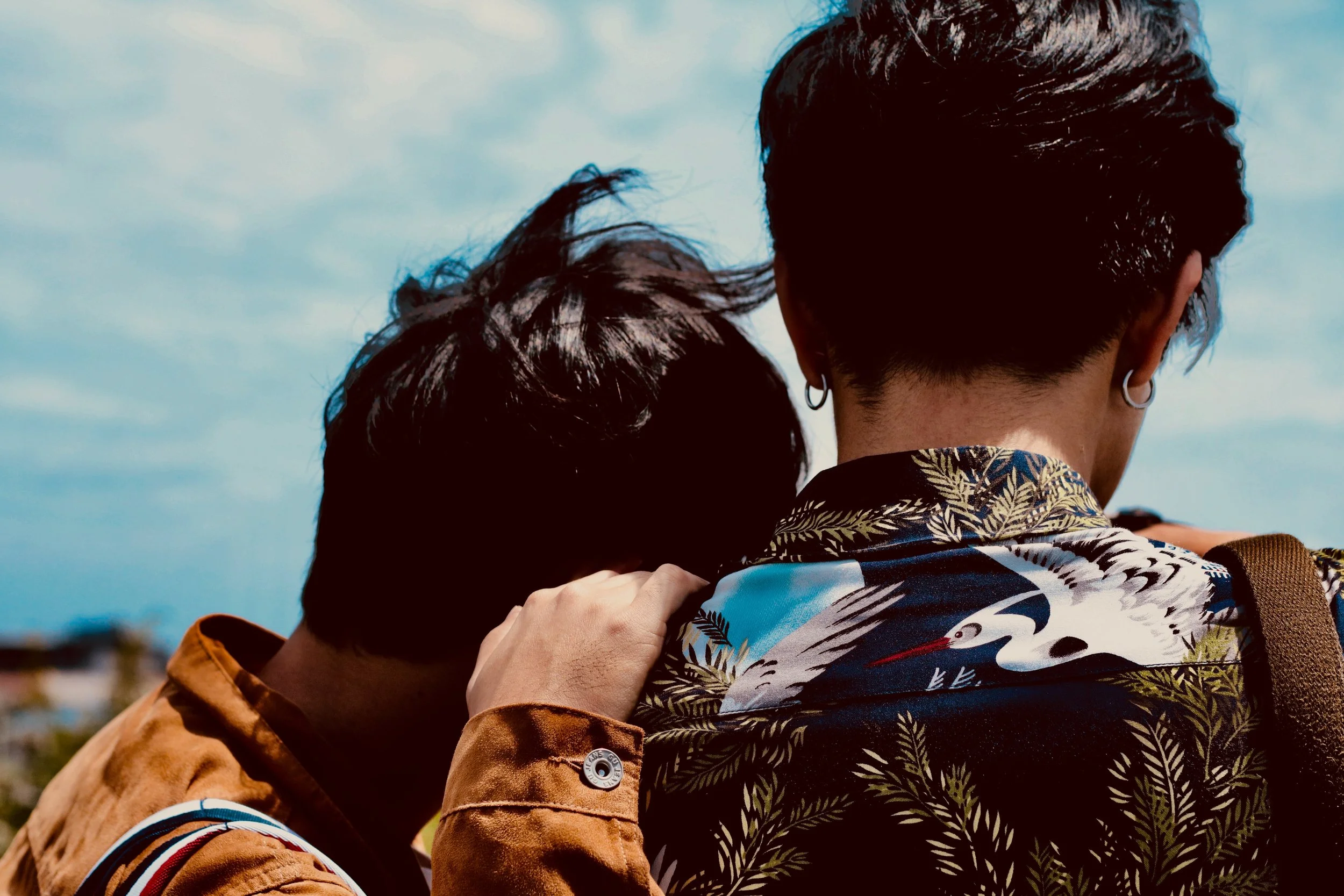The word “microaggression” was coined by Derald Wing Sue, a Columbia University professor. He describes microaggressions as intentional or unintentional behaviors, insults, and indignities which demean, shame, marginalize, or outright intimidate individual groups of people (Planet, M., 2021).
But microaggressions also happen in intimate relationships. For example, calling your partner names that demean their race, ethnicity, culture, neurodiversity, age, sexuality, or gender happen during arguments. All forms of attacking your loved one’s intersectional identities are contemptuous and damaging. This type of behavior often erodes self-esteem, well-being, as well as the relationship as a whole.
Many marginalized groups, Autistic adults included, experience abuse in their relationships. Research indicates that Autistic adults experience more teasing/emotional bullying in adulthood and greater sexual contact victimization. Anecdotal stories from Autistic adults revealed that many have experienced gaslighting as well as being manipulated based on our trustworthiness in their intimate relationships.
Likewise, microaggressions can be used against an Autistic person by the way their partner talks about their Autism. For example, blaming the person’s Autism for all the issues in the relationship, insulting the person using their Autism as the primary means to attack, shaming or demeaning the person for being Autistic. These forms of attack are incredibly damaging to the Autistic person as a whole and often reinforce their feelings of chronic rejection, low self worth, and lack of intrinsic value (among other feelings).
So what can couples do if there is this type of abuse in their relationship?
Name that this is happening. This may need to be named/called out/addressed/identified in a therapy session if it doesn’t feel safe to address it alone as a couple due to volatility in the relationship. Naming that this type of abuse is happening in the relationship is crucial to begin to identify why this is happening and how to make changes.
Explore(with a therapist) when this type of abuse began happening in the relationship, not from a place of blame but rather from a place of curious inquiry….do not explore this during an argument or fight.
(With a therapist) Learn ways to communicate each other’s needs, wants, desires, hopes, dreams, frustrations, wishes. The Gottman’s Seven Principles For Making a Marriage Work Workbook is one of my favorite tools to use with Mixed or Same Neurotype couples because the instructions around communication are explicit with scripts.
Practice taking a time out if communication gets heated since our ability to listen and think clearly diminishes when our heart rate increases. Starting out by saying, “I love you, I am committed to us. I need a time out for (name how long). I am going…(if you are leaving).” This reassures the person with rejection sensitivity that you are coming back and still committed to the relationship.
Did I mention working with a couples therapist? I cannot stress enough how helpful couples therapy can be with the right therapist who understands Autism and neurological-different relationships.
Relationships are challenging for anyone regardless of neurotype. Having some key tools and strategies to support one another so that both feel safe, as well as seen, known, heard, and understood can strengthen a relationship.
–Candice
NOTE: If you are in a domestic violence situation and need immediate support,
Contact: 800.799.SAFE (7233)
photo credit: Honey Fang, Unsplash.com
References:
Chapman, R. (2019). 3 Ways Autistic Adults Experience Domestic Abuse — And 3 Ways To Stop It. Retrieved on October 29, 2022 from: https://thebodyisnotanapology.com/magazine/we-need-to-talk-about-the-domestic-abuse-of-autistic-adults/
Planet, M. (2021). Identifying and Overcoming Microaggressions directed towards Individuals with Developmental Conditions. Retrieved from: https://www.planetneurodivergent.com/identifying-and-overcoming-microaggression-directed-toward-individuals-with-developmental-conditions/
Weiss JA, Fardella MA. Victimization and Perpetration Experiences of Adults With Autism. Front Psychiatry. 2018 May 25;9:203. doi: 10.3389/fpsyt.2018.00203. PMID: 29887806; PMCID: PMC5980973.
